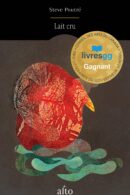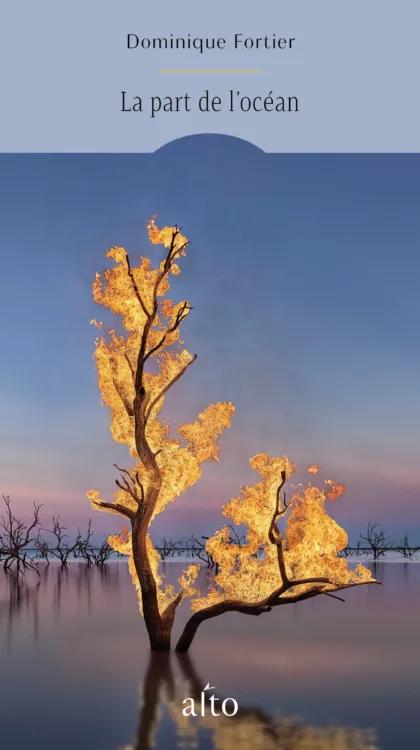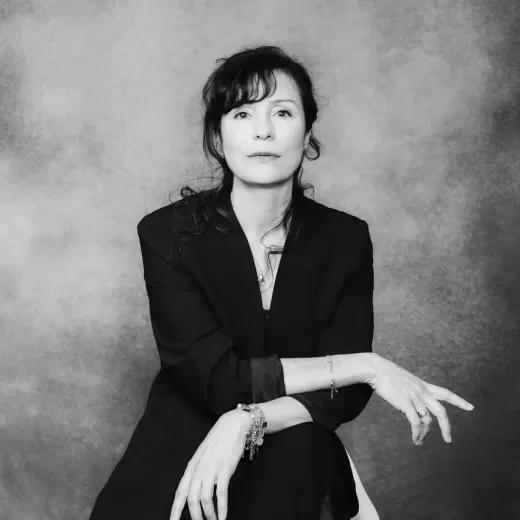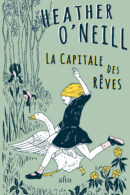
Previous book
Lait cruNos auteur•rice•s
Découvrez les autrices, auteurs, illustratrices, illustrateurs, traductrices, traducteurs et artistes qui collaborent avec nous.
Alea, c'est...
Un laboratoire éditorial, un terrain de jeu pour éditeur à la tête remplie de livres impossibles, sorte de secteur « recherche et développement ». Alea est un espace pour jouer et cultiver de nouvelles pousses.
(aparté), c'est...
La voix d’Alto. Un magazine où on découvre des inédits, des entretiens, des extraits, des confidences, des portfolios. Une infolettre qui propose à ses abonné·e·s des concours, des surprises et des primeurs. Un balado qui offre une fenêtre sur les métiers du livre et leurs aspects les plus méconnus. Merci de lire Alto. Merci de partager cet (aparté) avec nous.
Alto, c'est...
Un incubateur d’histoires, de romans, de récits en provenance du Québec, du Canada et du reste du monde. Nous aimons être surpris, nous aimons étonner, nous aimons détonner. Nous sommes éditeurs d’étonnant.

Dominique Fortier
Sorry, this product is not available in your country328 pages | 4 septembre 2024 | Couverture : © Murray Fredericks
While submerged in the writing of Moby Dick, Herman Melville made the acquaintance of Nathaniel Hawthorne—an encounter that would rearrange the course of his life, and his novel. This true story survives through a handful of letters which served as the departure-point for La part de l'océan, a book that's like a voyage with neither map nor compass.
Over the course of these pages, a second correspondence unspools between a woman who is retracing the writing of this great American novel and a companion part-real and part-imaginary—a man who is first and foremost a poem. The truth is, writers are composed of three halves; and the third half, headstrong and fragile, is dream. It's to this that we owe this dazzling, lightning-drenched tale, which chronicles the most beautiful of shipwrecks.
Marie Fradette
Le Devoir
‘The author is interested in absence, in what passes like time, like all these small and large links which found existence, but also and above all in what remains, in letters in particular, fragile witnesses of the past.’
Julie Roy
L'actualité
‘Dominique Fortier [...] offers a dazzling new novel.’
Chantal Guy
La Presse
‘More than ever, Dominique Fortier questions the mystery of creation, writing, reading, as well as the desire between beings and imaginations, in a style that does not weaken, book after book.’
Kathleen Lavoie
Radio-Canada
‘[Dominique Fortier] touches [...] the complex nature of the links between writers and those who read them.’

Auteure | Traductrice
Dominique Fortier
Dominique Fortier is a writer and translator living in Outremont, Quebec. Her first novel, On the Proper Use of Stars (2008), was nominated for a Governor General's Award, and The Island of Books won the Governor General's Award for French fiction. She received the Renaudot Prize for non-fiction with Paper Houses. She is the author of six novels, four of which have been translated into English.

Previous book
Lait cru
Next book
La Capitale des rêvesProgramme de récompenses d'Alto - Cliquez ici pour plus d'information